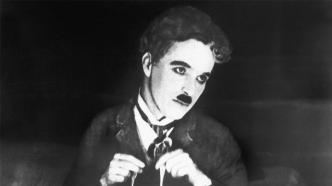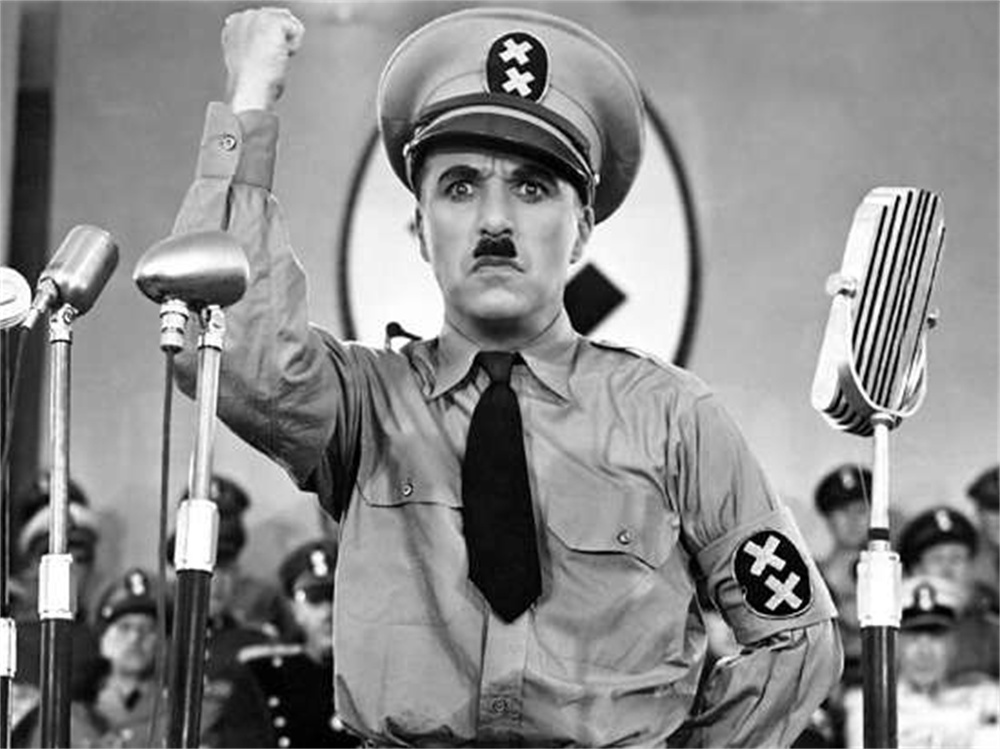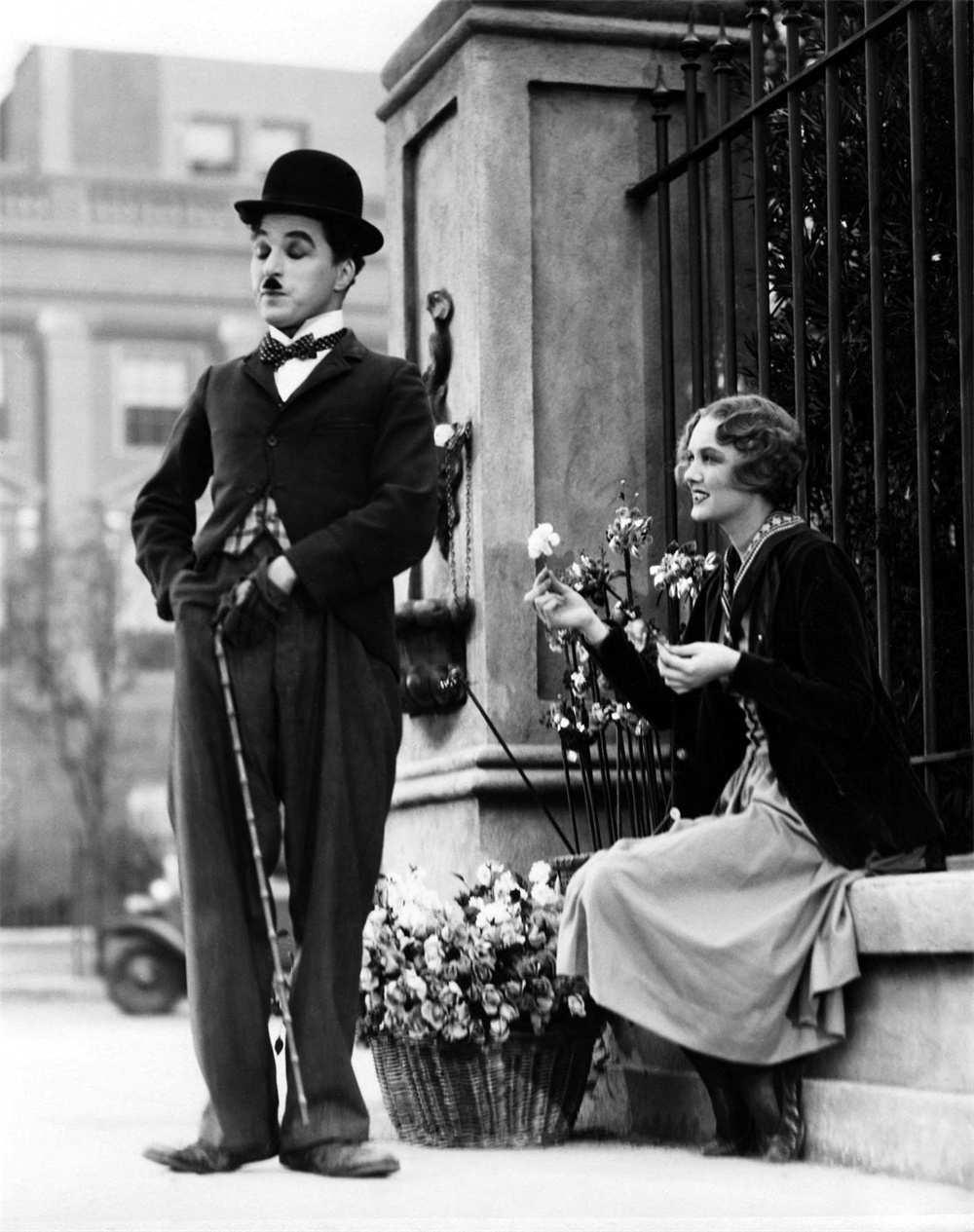
In the past 100 years, probably no filmmaker has become the most well-known cultural icon around the world like Charlie Chaplin, and has been continuously loved by audiences of different generations. On October 11, during the 7th Pingyao International Film Festival, "Dialogue: About Chaplin + the movie "The Gold Rush"" was held at the Pingyao Film Palace·Small Town Spring Hall.

Stills from "The Gold Rush"
"The Gold Rush" is a classic silent film directed, written and starring Charlie Chaplin, which was released in 1925. In 1942, after the director himself edited and dubbed the film again, a 72-minute audio version was released. After the dialogue on the 11th, the audio version of "The Gold Rush" was screened live as the first film in this year's "Chaplin Film Retrospective".
Before the official screening, Marco Müller, chief consultant of the Pingyao International Film Festival, Sha Dan, program planner of the China Film Archive, Cheng Bo, executive director of the Shanghai Vancouver Film Academy, Wei Xiaojun, executive director of the Shanxi Film Academy of Shanxi University of Communication, and actor Qiao Shan Talk about Chaplin’s multifaceted life and film aesthetics.

event site
Marco Muller said that he grew up watching Chaplin's movies. He specifically pointed out Chaplin's Jewish identity, "He inherited the fine tradition of Jewish actors on the stage." Talking about Chaplin's influence in the world, Mueller gave the example of a survey conducted by an American organization. I found that people in many countries did not know who Jesus was, but they all knew who Chaplin was. "Actually, they all know who the 'tramp' is. I can give you an example. In the 1980s, I went to Africa for the first time to participate in a film event. Whether it was a French-speaking or an English-speaking country, many cinemas were still showing Chaplin's movies." In addition to giving a brief speech, Muller also wrote a special article " Charlie Chaplin, Radical Tramp ", which was read by an interpreter at the end of the dialogue.
In his speech, Cheng Bo introduced the relationship between Chaplin and his works and Shanghai. "The 1920s was a period when Chinese silent films were relatively developed. As a film master in the silent era, Chaplin was very famous in Shanghai at that time. Although he himself only visited Shanghai for the first time in 1936 and only stayed there for a few days. to 24 hours, but most of his films premiered in China at that time in Shanghai. What is even more interesting is that in the late 1970s, after the reform and opening up, the first batch of Shanghai film dubbing studios Of the 19 American films, 13 are Chaplin's films. Everyone is very familiar with Chaplin, mostly from silent films. In fact, Chaplin also has four very famous feature films with sound. From his first sound film Starting from "The Great Dictator", it was Mr. Qiu Yuefeng who dubbed him."

"The Great Dictator" stills
"When it comes to Chaplin, one of the keywords that comes up for me personally is 'great'." Wei Xiaojun said that although Chaplin appeared in front of the audience as a performer and actor, behind the scenes, he was A very talented person who combines writing, directing, composing, editing, producing and publishing. "The artistic attributes and commercial attributes of his films are equally obvious. Generally speaking, when it comes to comedy, sometimes people are careful to avoid falling into a relatively low-level gimmick, but Chaplin's movies are not only about pleasing the audience, but also pay more attention to humanities. His works are social and critical. In the silent film era, the American comedy film school made a unique contribution to world cinema, and Chaplin made a huge contribution in this."
"Chaplin was quite opposed to the development from silent films to talkies at first. He believed that his films had reached perfection, and the expression and aesthetics of (body) language had been established. Then let the 'Great Mute' go Talking is completely unnecessary, and for his pantomime performance, dialogue is neither necessary nor valuable." Wei Xiaojun used the interaction between Chaplin's tramp and the blind flower girl in the movie "City Lights" For example, point out that Chaplin was actually aware of sound in his personal works. "There is a typical sound that must be captured in the film, which is the sound of a car door closing. It is said that he took more than 300 shots on the set, which shows his pursuit of excellence in art."

"City Lights" stills
Shadan believes that one of the most interesting topics for movie fans is what kind of influence Chaplin had on the creation of Chinese films? "Let me talk about a point that everyone is very familiar with. In the concept of Chaplin's movies, small people often become extraordinary in the end. No matter how big the setbacks and blows they encounter, they always maintain an optimistic and upward spirit. The audience can see from his works He went to many very ridiculous places, but after laughing, he felt that there was an underlying sadness in them. He looked at the problems of the world from the perspective of people at the bottom, which is a very important dimension to summarize Chaplin's movies. In contrast, contemporary Chinese movies, such as Many films directed and starred by Peng, such as "Keep You Safe", are also a model in which ordinary people finally become transcendent and become saints. Many people like Dapeng's movies because the spirit of his acting is actually the spirit of Chaplin."
Qiao Shan said that as a movie fan, Chaplin's rich body movements during performances had a great influence on his future performance style. "As an excellent comedian, you must first have the ability to create. Some actors and audiences may think that it is easy to act in a comedy. Isn't it easy to make people laugh? In fact, it is not the case. You use your own performance and Design allows the audience to experience your expression. For us actors, it will be too powerful to see the movies made by Chaplin a hundred years ago. Especially "The Gold Rush", he pushed many things that are instinctive to people. The ultimate expression.”


